HBO’s long awaited follow up to Game of Thrones is finally upon us and it’s really, really good. Based on George R. R. Martin’s Fire & Blood, House of the Dragon is set 200 years before the events of Thrones and tells the epic story of the fall of the Targaryens. In this Goggler exclusive, we speak to showrunners Ryan Condal and Miguel Sapochnik about how they went about avoiding those pitfalls so common to prequels and the iconic music of Ramin Djawandi.
Umapagan Ampikaipakan: I think a concern when doing something like this is something I like to call prequelitis, where the act of explaining, or overexplaining, a story can sometimes remove the mystery or legend that is associated with it. And we saw it happen with the Star Wars prequels and even with Solo. Was that something the both of you struggled with and how did you go about navigating it?
Miguel Sapochnik: We came up with a really good plan for that, which was to not explain anything. I think we have a very smart audience, and it’s fun to draw attention to things that we know that people who watched the original show know are going to become something. But The Song of Ice and Fire that they talk about at the end of the first episode, our characters believe that they are going to be the ones that will have to protect against this storm. We know, the audience knows, that they’ve got 170 years before that happens, but it’s quite nice. I mean, I don’t want to tell them.
What we’re doing is allowing the characters to exist with that anticipation that this might be coming around the corner. I don’t think we had to explain it beyond what we do in the first episode. It would be a terrible shame.
We talked a lot about Jacques Audiard, the guy who did Read My Lips and The Beat That My Heart Skipped, it was this kind of French cinema that just dropped you in it and you had to suddenly catch up on what was going on. And we’ve been very keen to try and hold on to that and balance it. Because in the end, the studio notes were always like, “We don’t know why this is happening. Can you explain it?”
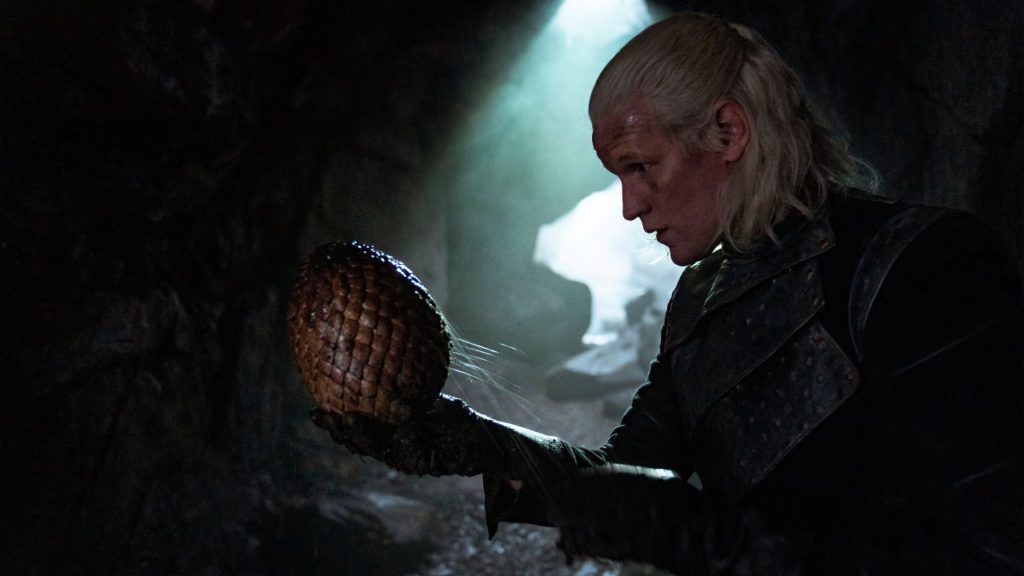
UA: Could you talk to me about Ramin Djawadi’s music because it was such a big part of the original show and in House of the Dragon as well.
MS: In England we refer to Ramin’s music as the dog’s ballocks – which is a phrase to describe something that’s really, really good. I don’t understand why it has anything to do with testicles, but apparently it does.
Ramin was a first port of call for us. I don’t really know how we would do the show without Ramin. I knew that he had already been approached for a previous iteration, a previous spin off, and that he’d declined. I worked with him on Game of Thrones, and I kind of called him up and did a very complex dance for him and said, “Please, please, please, please, please, please.” Because I think it would have been very hard to imagine this show without him.
You remember when Rogue One came out and it was a different score. And as much as I wanted to love it, you know? We were just having this debate recently and asking ourselves, “Should we have the original Game of Thrones music at the beginning of our show, or should we have a new piece of music?” And it’s complicated because it evokes such emotions. But at the same time, you don’t want to feel like you’re being lazy.
Ramin’s score has had a profound impact on this show. And actually it’s been great watching him. For him, it’s been like this thing of someone saying, “You want to come back and play in the same sandbox? But you don’t have to do what you used to do. You can do anything you want.” And he goes, “Can I can I make it house music?” And we said, “Yes!” So the whole thing is house music. Hope you enjoy it.
Ryan Condal: Ramin is the glue that really holds the show together. And we have been continually surprised, in a very good way, at the additional layers that he’s been able to provide to the show.
The show evolves through the post-production process quite a bit as you add layers to it, as visual effects come in, as sound design comes in, as color comes in. But I think for me, I don’t know if it’s the same for Miguel, it’s the point where Ramin has written a custom score, a bespoke score just for that episode, when it comes to life. And even though what he’s written for House of the Dragon is quite a bit different than what he did for the original, you can still tell it’s him. His composer signature is so strong that you know it’s him. And it makes you feel like you’re at home again, and in a really great way.
MS: An interesting thing to know is that when we’re editing the show, we use what’s called temp music. Where you get music from other films and put it on just as a temporary idea, just to give the composer an idea of the mood that you’re looking for. But because there’s so much Ramin music in existence, we generally use his score as our temp music, and then we play it to him. So we’ve had all the Game of Thrones music all over the show. And as we would be editing, we would think that we didn’t want him to change the music because it sounds so good as it is. But now, after he’s put the new music in, I can’t remember what the old music sounds like because I wake up in the morning and I’m humming the new tune that I’ve got in my head.

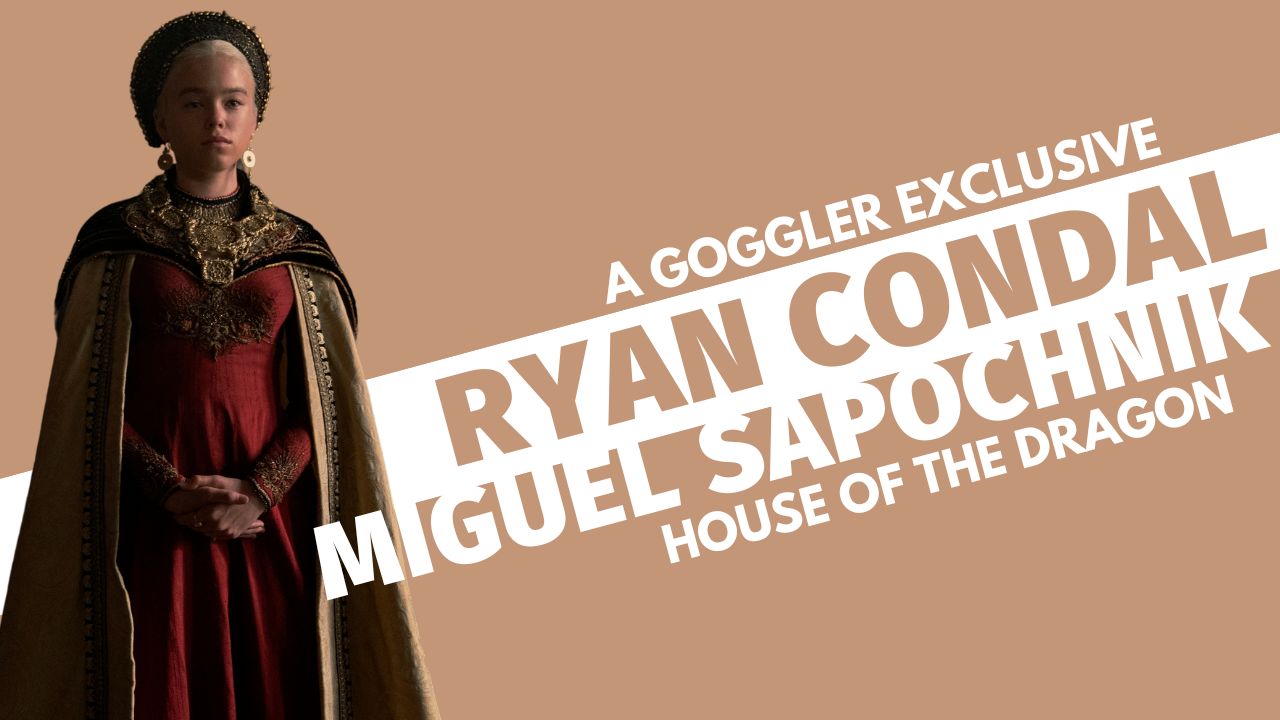
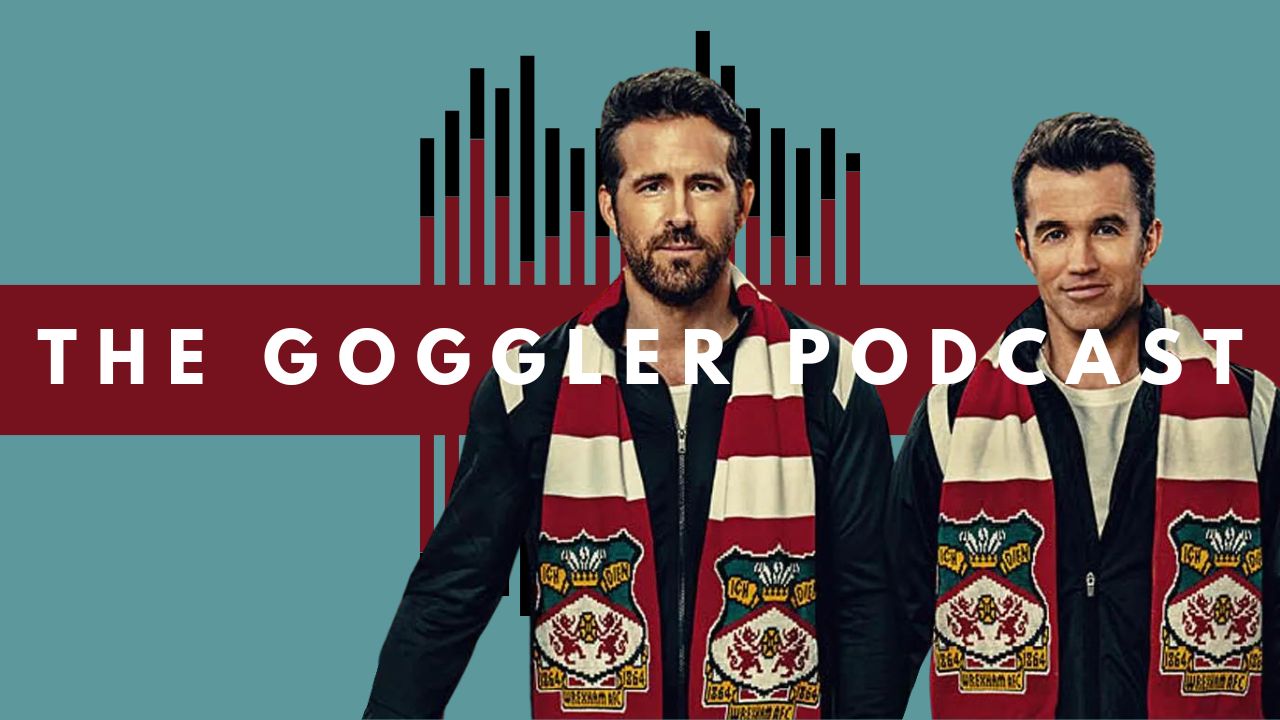
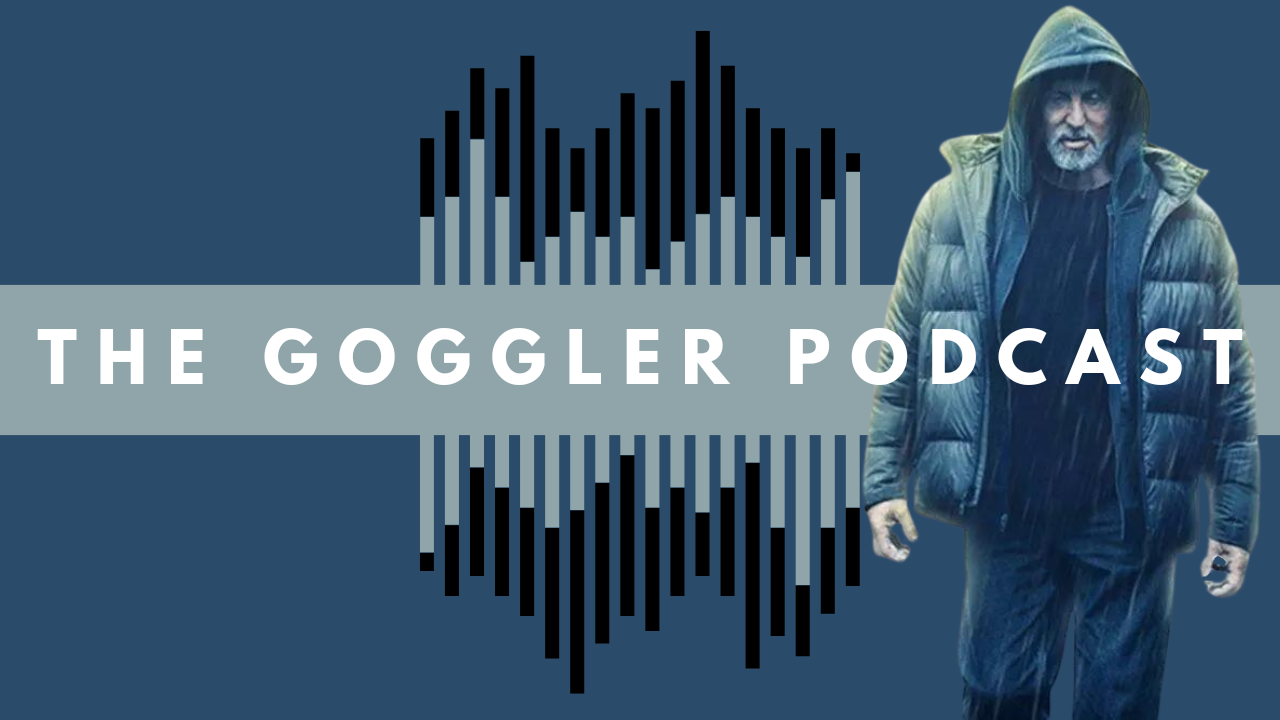
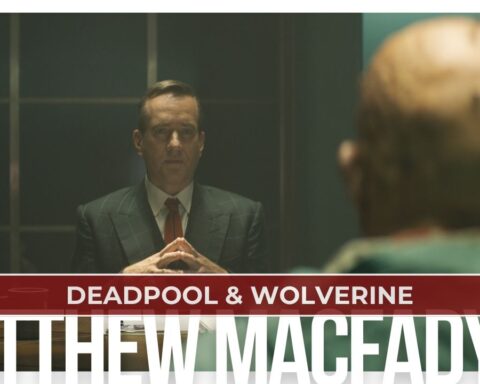

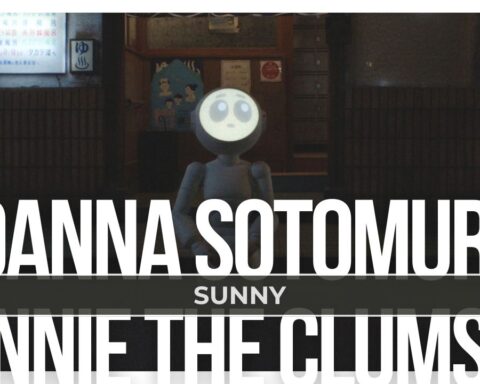
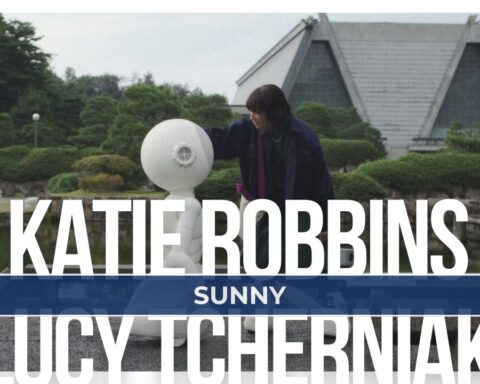

Follow Us